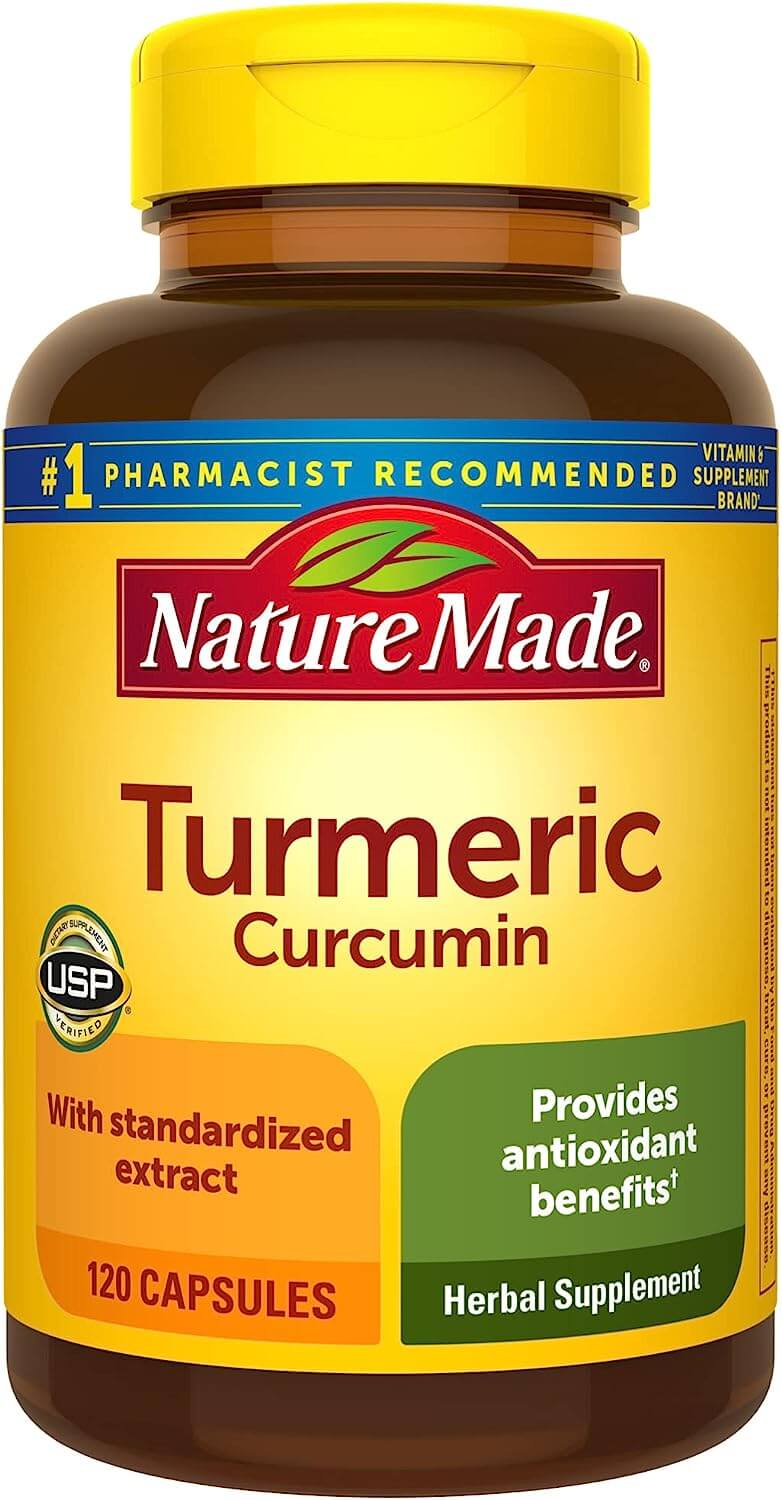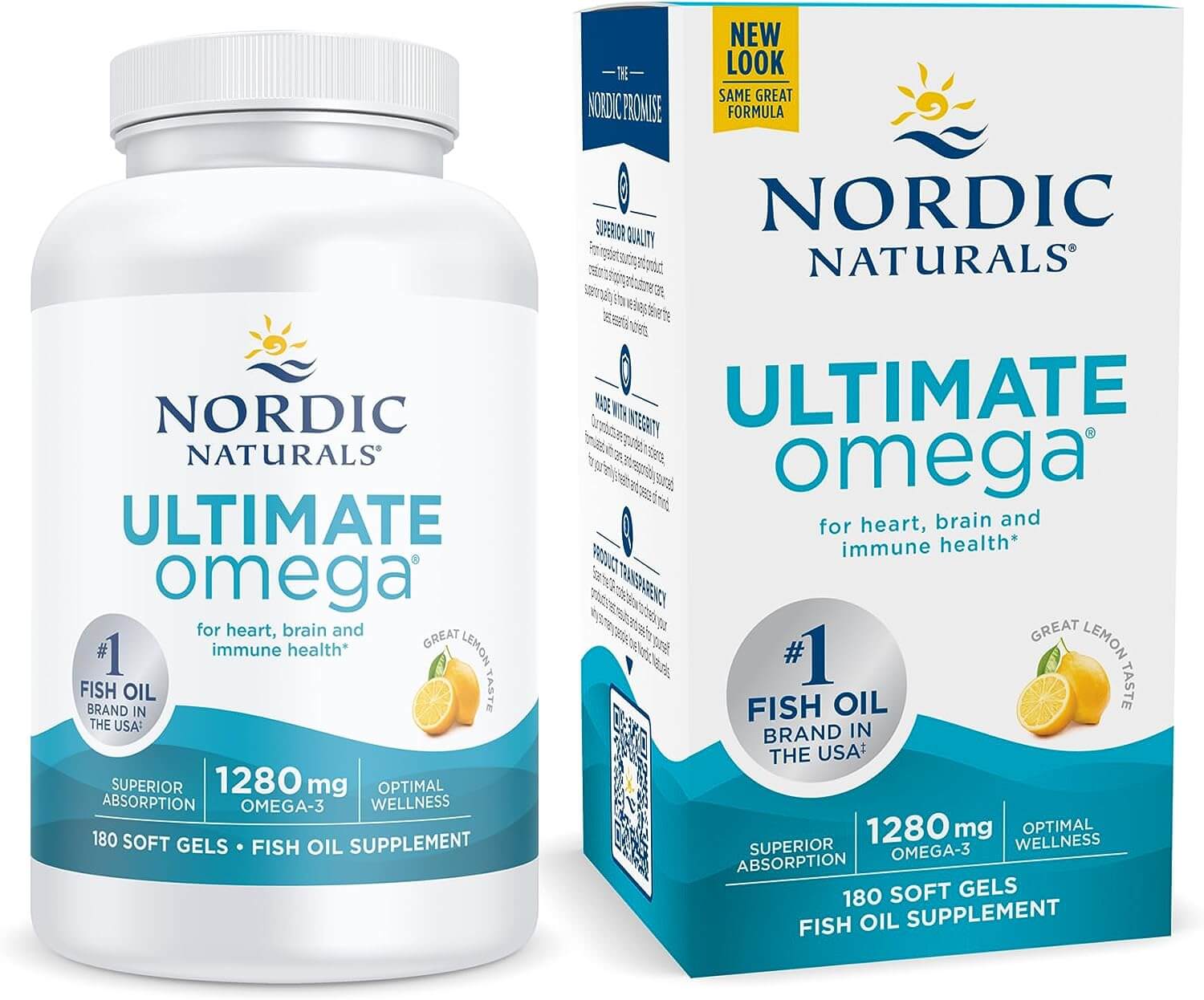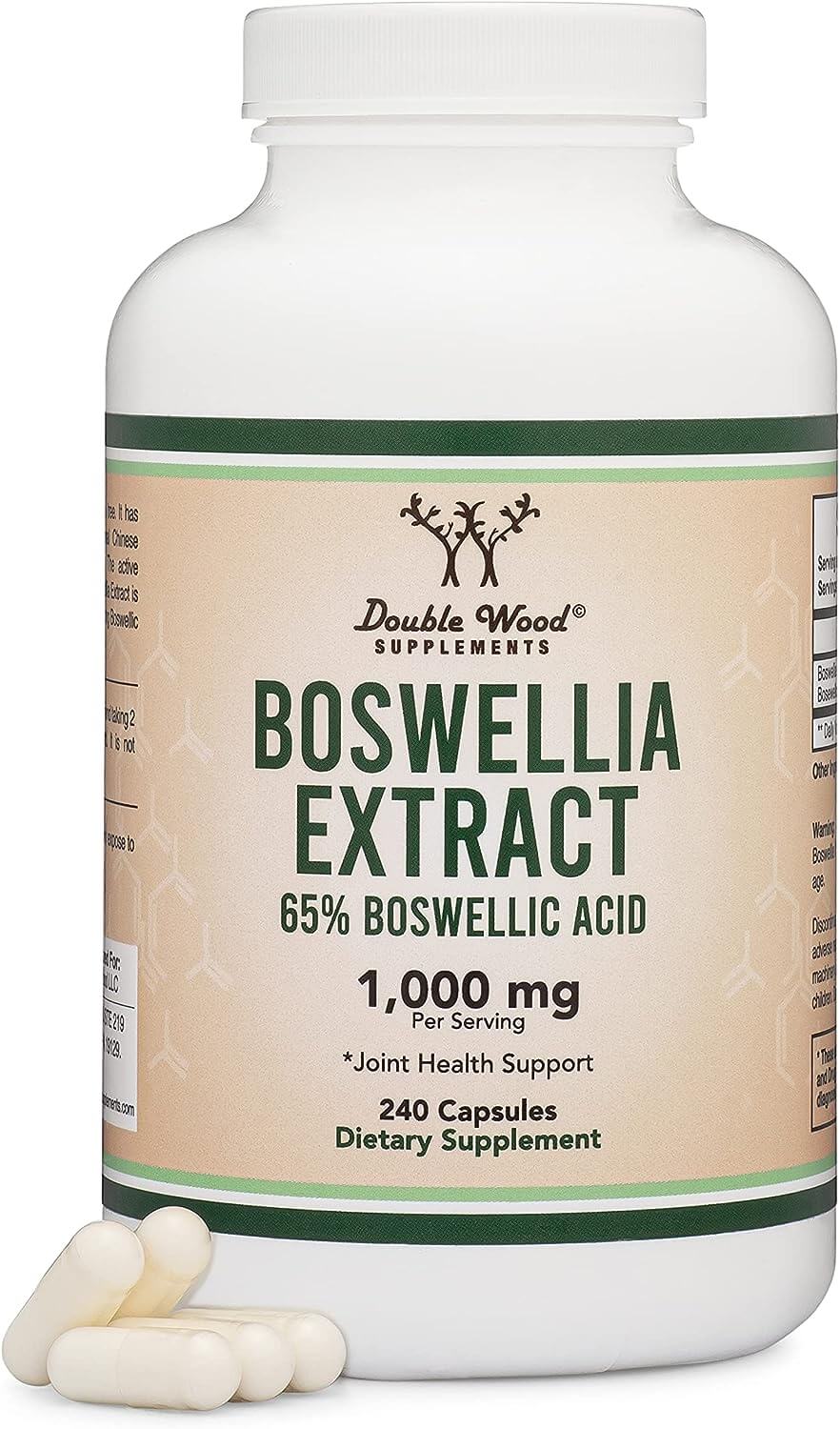
Supplements (© MarekPhotoDesign.com - stock.adobe.com)
Inflammation is a natural response of the body’s immune system, but when it becomes chronic, it can lead to a host of health issues, from arthritis to heart disease. Fortunately, nature has provided us with a variety of compounds that can help combat excessive inflammation. In recent years, anti-inflammatory supplements have gained popularity as a way to support overall health and well-being. This article will explore some of the most effective and scientifically-backed anti-inflammation supplements available today. From omega-3 fatty acids to turmeric and beyond, we’ll delve into how these natural remedies work, their potential benefits, and what to consider when incorporating them into your wellness routine. Whether you’re dealing with chronic pain, looking to support your immune system, or simply aiming for better overall health, understanding these powerful anti-inflammatory agents can be a game-changer in your journey to optimal wellness. Share your recommendations in the comments below!
StudyFinds is a research-driven platform that analyzes and synthesizes expert recommendations from trusted sources. Rather than writing reviews ourselves, we meticulously compile consensus findings from leading industry experts and established publications to save consumers valuable research time. Each article represents hours of analysis across multiple authoritative sources to identify the most consistently recommended choices.
Experts say these are the best anti-inflammation supplements:
1. Curcumin
Derived from turmeric root, curcumin has healing properties more valuable than its radiant golden hue. More than a spice that colors curry, curcumin is a potent anti-inflammatory that has been used for centuries by botanical healers.
Turmeric, a spice commonly used in Indian cuisine, has been gaining attention in the health world for its powerful compound, curcumin. This golden wonder is more than just a flavor enhancer; it’s a potent antioxidant and anti-inflammatory agent. According to iHerb, curcumin may help alleviate exercise-induced soreness and manage various inflammatory conditions, including arthritis and metabolic syndrome.
Inflammation is often the root cause of many chronic diseases, from cardiovascular issues to neurodegenerative disorders. Curcumin offers a natural solution to modulate our body’s inflammatory response. Spring-Chiropractic says that for those looking to avoid non-steroidal anti-inflammatory drugs (NSAIDs), curcumin stands out as a top natural alternative. This ancient remedy has been a cornerstone of traditional medicine for thousands of years, demonstrating the enduring power of nature in supporting our health.
Beyond its anti-inflammatory properties, curcumin boasts an impressive array of health benefits. Verywell Health reports that this versatile compound may activate the body’s natural defense mechanisms, potentially shielding us from various health threats. It’s also been linked to mood regulation and digestive support, making it a well-rounded supplement for overall wellness. For those interested in trying curcumin, it’s available in various forms, including tablets, soft gels, and capsules, allowing for easy incorporation into your daily routine.
2. Green Tea
Widely considered nature’s elixir, green tea not only warms the soul but also soothes inflammation. As an anti-inflammatory powerhouse, it is one of the world’s oldest natural remedies with usage dating back to the reign of Emperor Shennong in 2737 BC.
Green tea, a beverage steeped in tradition, is making waves in the world of anti-inflammatory supplements. Medicalopedia hails it as the most efficient option, particularly for those dealing with arthritis. But its benefits extend far beyond joint health, potentially offering protection against a host of serious conditions including cardiovascular disease, obesity, diabetes, and even neurodegenerative diseases. However, as with any supplement, it’s wise to consult with your doctor before incorporating green tea into your wellness routine.
The secret to green tea’s anti-inflammatory prowess lies in its bioactive compounds, which act as free radical scavengers and cellular health supporters. These compounds play a crucial role in combating oxidative stress, a key driver of chronic inflammation. iHerb points out that green tea, particularly its compound EGCG, boasts a wide array of anti-inflammatory effects and may help manage conditions like diabetes. What’s more, when consumed in moderation, green tea typically doesn’t come with severe side effects, making it an attractive natural option for many.
Beyond its inflammation-fighting capabilities, green tea offers a host of additional health benefits. Verywell Health notes that this antioxidant-rich beverage may contribute to cardiovascular health by promoting healthy blood pressure, cholesterol levels, and arterial function. The polyphenols in green tea are particularly effective at reducing inflammation in blood vessels. For those looking to maximize its benefits, some studies suggest that consuming three to five cups daily, combined with exercise and a heart-healthy diet, could significantly lower the risk of death from heart disease. It’s a compelling reason to consider swapping your morning coffee for a cup of green tea.
3. Vitamins C & D
Vitamins C and D are a dynamic duo, capable of bolstering our immune responses to ensure that inflammation remains balanced. On top of enhancing our overall well-being, these vitamins help maintain the health of issues and promote healing.
FWD Fuel says how these essential nutrients work in tandem to modulate the inflammatory system and boost immune function. Vitamin D acts as a protective armor, regulating the production of inflammatory proteins and immune cells, while vitamin C steps in as a potent antioxidant, reducing inflammation and stress hormones. This dynamic duo is particularly effective when you’re feeling run down, sick, or recovering from intense physical activity.
The synergy between these vitamins is truly remarkable. iHerb adds that vitamin C enhances the absorption of vitamin D, amplifying its anti-inflammatory effects. Studies have shown promising results, with high-dose vitamin C supplementation significantly reducing inflammatory markers in participants. Meanwhile, vitamin D supplementation has demonstrated potential in improving overall inflammation, particularly for those living in areas with limited natural sunlight. Together, these vitamins work to keep inflammatory responses within healthy parameters.
But the benefits of vitamins C and D extend far beyond inflammation control. The Thirty explains that these nutrients play crucial roles in supporting skin health, collagen formation, bone strength, and cardiovascular health. Vitamin D’s ability to regulate inflammatory cell production, coupled with vitamin C’s protective antioxidant properties, creates a powerful defense against cellular damage and chronic conditions. Whether obtained through supplements, fruits, vegetables, or sunlight exposure, maintaining optimal levels of these vitamins is key to overall health and well-being. It’s worth noting that low vitamin D levels have been linked to increased infection risk and are often observed in individuals with chronic conditions, underscoring the importance of addressing any potential deficiencies.
4. Omega-3 Fatty Acids
Omega-3 fatty acids are essential for taming and maintaining healthy levels of inflammation. On top of soothing the surface, the essential acids found in Omega-3s seep deep into cellular membranes to signal immune responses that lessen inflammation.
This is definitely a top contender in the world of natural anti-inflammatory supplements. Spring-Chiropractic says that these organic compounds have stood the test of time, offering a natural alternative to modern pharmaceuticals. Their effectiveness extends beyond just fighting inflammation; omega-3s have shown promise in combating arthritis, improving heart health, and potentially managing conditions like lupus and eczema.
As members of the polyunsaturated fats family, omega-3s play a crucial role in our overall well-being. Rose Wellness highlights their potent anti-inflammatory properties, particularly noting the effectiveness of DHA in reducing inflammatory markers. These essential fatty acids don’t stop at physical health; they also significantly impact brain function, cognitive performance, and mood regulation, truly embodying a holistic approach to wellness.
The beauty of omega-3s lies in their versatility and accessibility. The Thirty explains that these fatty acids work by halting inflammatory pathways and decreasing cytokine release, while simultaneously supporting heart health, brain function, and eye health. Whether you prefer plant-based sources like flaxseeds and walnuts, fatty fish such as sardines and salmon, or convenient supplement capsules, there are numerous ways to incorporate these beneficial compounds into your diet. For those who don’t regularly consume fish or seafood, fish oil supplements can be an excellent way to bridge nutritional gaps and harness the anti-inflammatory power of omega-3s.
5. Boswellia
Amidst the arid landscapes of India and Africa, the Boswellia tree exudes frankincense. And for centuries, this precious resin has been a potent anti-inflammatory supplement.
Boswellia serrata is a powerhouse in the world of supplements. Springfield Chiropractic notes its impressive scientific backing, showcasing both its safety and effectiveness. Unlike conventional medications that often merely mask symptoms, Boswellia offers a more holistic approach to addressing inflammation, particularly valuable when our bodies struggle to overcome inflammatory issues on their own.
What sets Boswellia apart is its targeted approach to inflammation. Verywell Health explains that this Ayurvedic herb doesn’t indiscriminately suppress all inflammatory responses, some of which are beneficial. Instead, it focuses on specific triggers, maintaining the integrity of essential immune functions while fostering an environment of reduced inflammation. For those interested in trying Boswellia, it’s commonly available in capsule and pill form, with a typical dosage of 300 milligrams taken three times daily.
The healing potential of Boswellia extends far beyond just soothing achy joints. Riverfront Times notes that this ancient remedy, once considered as valuable as gold, has been used for centuries and is now gaining modern scientific attention. Its effectiveness is particularly notable when incorporated into topical products for pain relief. Beyond its anti-inflammatory properties, Boswellia has shown promise in alleviating stress and supporting overall well-being, making it a versatile addition to any natural health regimen. Whether used in its traditional resin form or as a modern supplement, Boswellia offers a time-tested approach to managing inflammation and promoting holistic health.
Sources:
Note: This article was not paid for nor sponsored. StudyFinds is not connected to nor partnered with any of the brands mentioned and receives no compensation for its recommendations. This article may contain affiliate links in which we receive a commission if you make a purchase.












